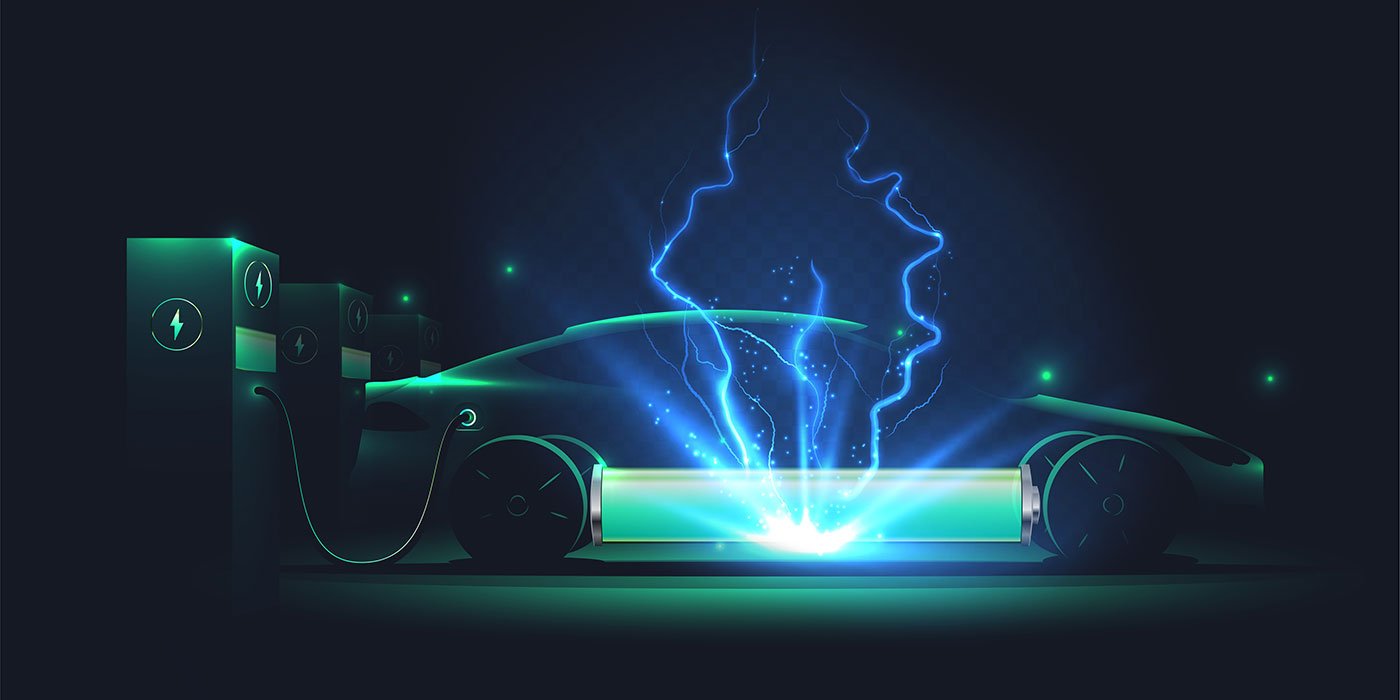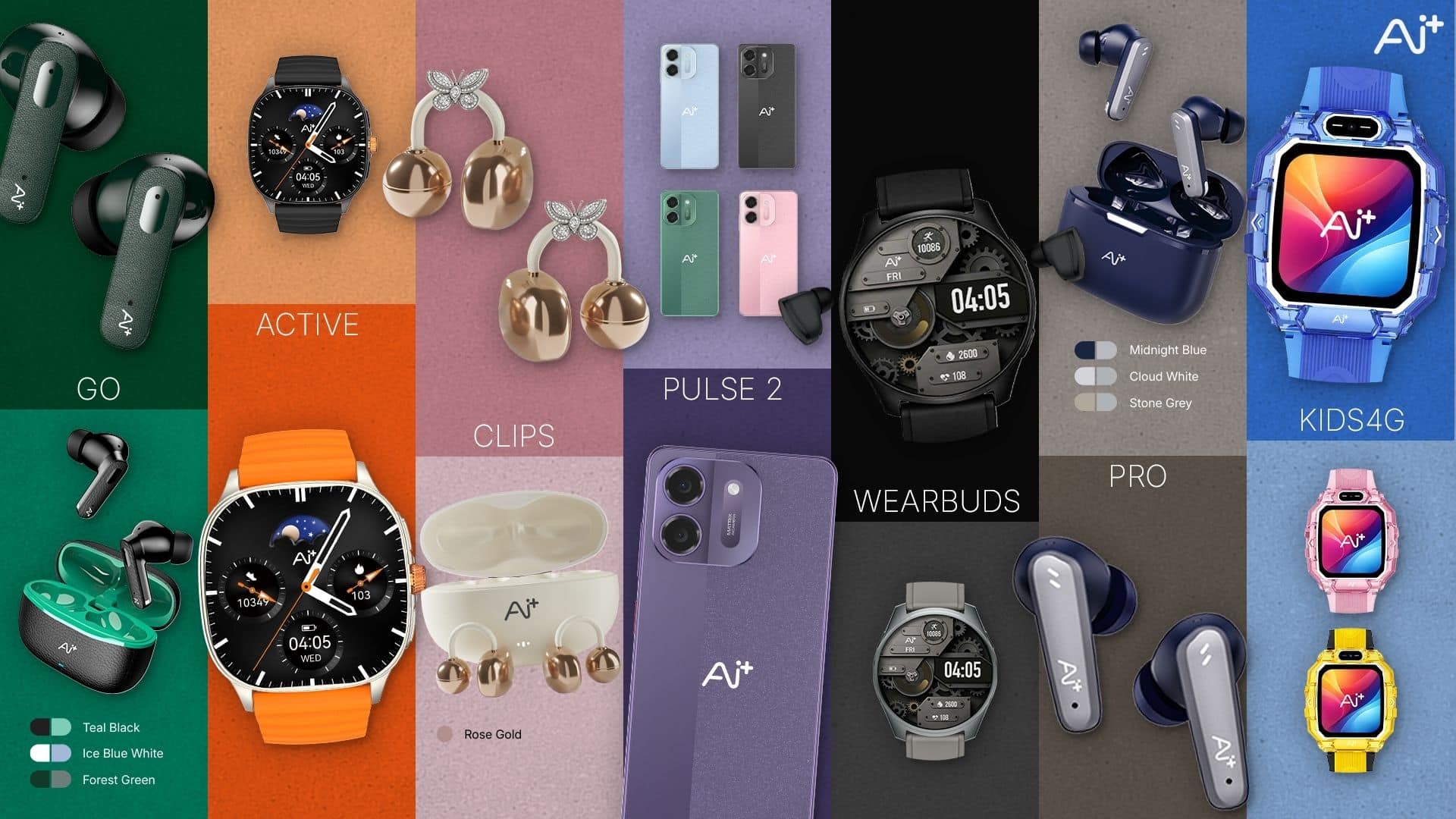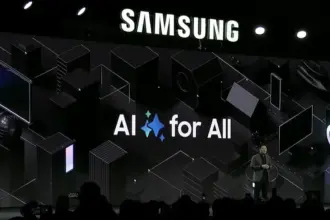Electric vehicle (EV) sales are experiencing a slowdown, marked by reduced consumer demand and diminished government incentives. Yet, advancements in battery technology, particularly through artificial intelligence (AI), may hold the key to rejuvenating the market.
The Current State of EV Sales
In 2024, the global EV market has seen a noticeable deceleration in growth. Analysts attribute this trend to several factors: reduced subsidies in key markets like Germany and the UK, rising concerns over EV affordability and the availability of rapid-charging infrastructure, and the broader economic uncertainty affecting consumer purchasing decisions.
AI in Battery Development: A Ray of Hope
The silver lining lies in the battery technology sector. AI is playing a crucial role in enhancing battery efficiency and reducing costs. Innovations such as improved lithium iron phosphate (LFP) batteries and the development of silicon anode and solid-state batteries are promising to increase the range and decrease the charging time of EVs.
Global Impact and Market Dynamics
Despite the slowdown, there are regions where EV adoption continues to grow, albeit at a slower pace. In the Asia-Pacific region, for example, two-thirds of global EV purchases are expected in 2024, although its market share is anticipated to decline slightly by 2030. In contrast, Europe and North America are grappling with issues related to high vehicle costs and inadequate charging infrastructure, which are impeding faster adoption rates.
Strategic Moves and Future Outlook
Looking ahead, the industry is leaning towards vertical integration, where manufacturers not only produce vehicles but also develop and control their own battery supply chains. This approach is seen as critical for reducing costs and enhancing the sustainability of EV production. Additionally, the potential of V2X (Vehicle-to-Everything) technologies, which integrate EVs into broader energy and smart infrastructure systems, underscores the evolving role of electric vehicles beyond transportation.
As the EV market faces its current challenges, the integration of AI in battery technology emerges as a crucial driver for future growth. This technological advancement is not just about enhancing vehicle performance but also about aligning with global sustainability goals, making EVs more accessible and appealing to a broader audience.






























